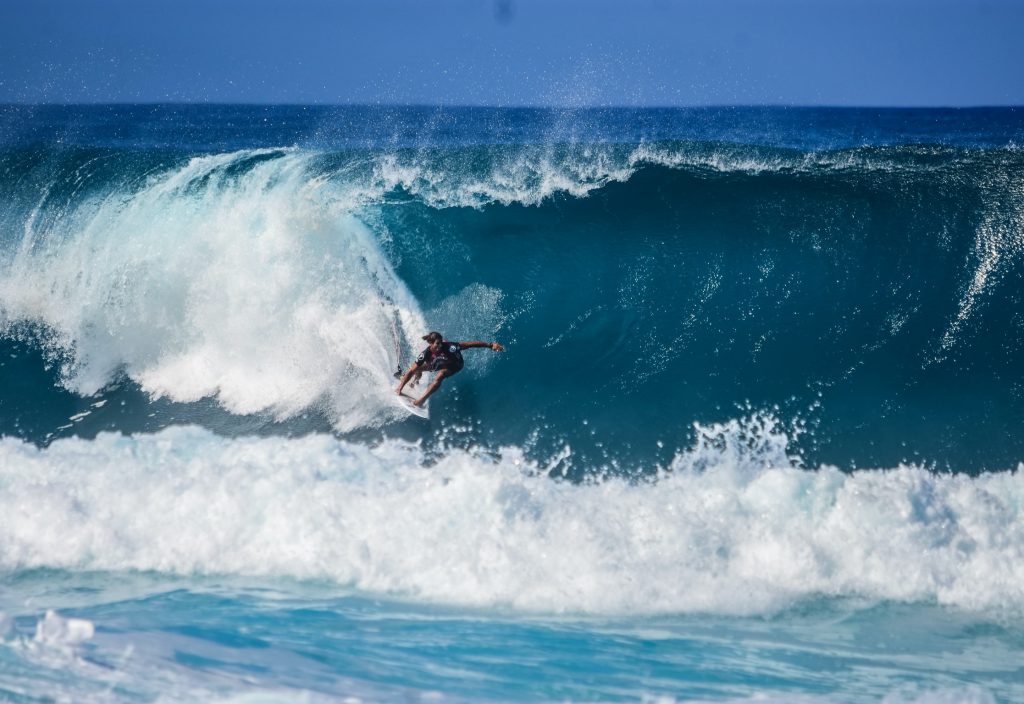The Golden Rule for Accessing Flow – Tuning the Challenge/Skills Balance
2 November 2023
The concept of the challenge/skills balance, often referred to as the “flow channel”, is a critical aspect of achieving flow state, as described by Mihaly Csikszentmihalyi in his work on positive psychology. It’s based on the idea that to enter a flow state, there needs to be a balance between the challenge level of a task and your skill level. When the challenge slightly outstrips your skill level, you’re more likely to experience a state of flow.
As Steven Kotler, the best-selling author and renowned speaker on flow science, says, “It’s about stretching yourself, but not snapping”.
Here’s how this balance works to help people drop into a flow state:
- Low Challenge and Low Skill: If the challenge is too low, and your skills are too high, you’re likely to feel under stimulated and bored. In this state, motivation and engagement are typically low, and you won’t achieve flow.
- Low Challenge and High Skill: This is often referred to as the “comfort zone.” When the challenge is too low, but your skills are a good match or even higher than needed, you’re likely to feel relaxed, but again, you won’t enter a flow state because there’s not enough stimulus to engage your full abilities.
- High Challenge and Low Skill: When the challenge is too high and your skills are too low, you may feel anxious and overwhelmed. This situation can lead to stress and frustration, making it difficult to enter a flow state.
- High Challenge and High Skill: This is where you want to be. When the challenge level is high but closely matches your skills, you’re more likely to enter a flow state. In this state, you’re fully engaged and focused on the task. The focusing neurochemical, Dopamine, squirts into your system. This is the ideal state for creativity and productivity.

A golden rule for achieving flow more often is to engage in tasks or activities that slightly outstrip your current skill level and gradually increase the challenge level as your skills improve. You should aim to keep stretching yourself just beyond your comfort zone, ensuring that the task remains engaging and motivating without becoming overwhelming.
For example, if you regularly present in your role, a way to challenge and push yourself outside of your comfort zone might be to reduce the amount of text on your slides and use more pictures to illustrate ideas. Increasing the challenge will give you a better chance of accessing flow and performing at your best more consistently.
It’s important to note that the challenge/skills balance is not a fixed point but a dynamic concept. As your skills improve, what was once a challenging task may become too easy. To continue accessing flow state over time, you should seek out new challenges and opportunities to learn and grow.
—
Get in touch here to learn how our coaching services can help you achieve a flow state more often, enhancing your performance and wellbeing.
About the author:
Joe Davis, CPsychol is a BPS Chartered Performance Psychologist and Senior Consultant at Ground + Air. He is a peer-reviewed author and enjoys sharing human performance insights to help people enhance the quality of their life. Joe is passionate about helping people thrive – both personally and professionally – and has worked extensively with high performing individuals, teams, and organisations from business and sport.


